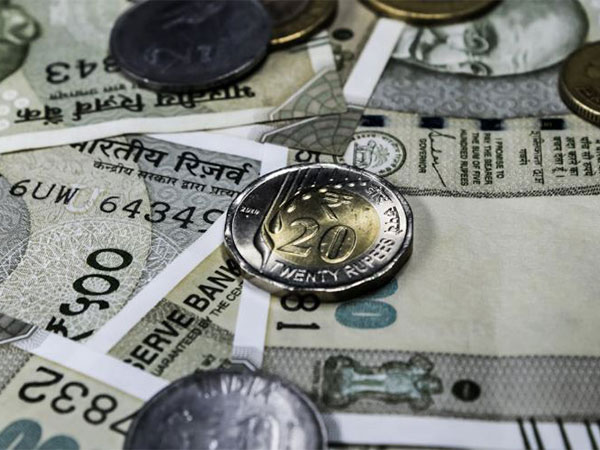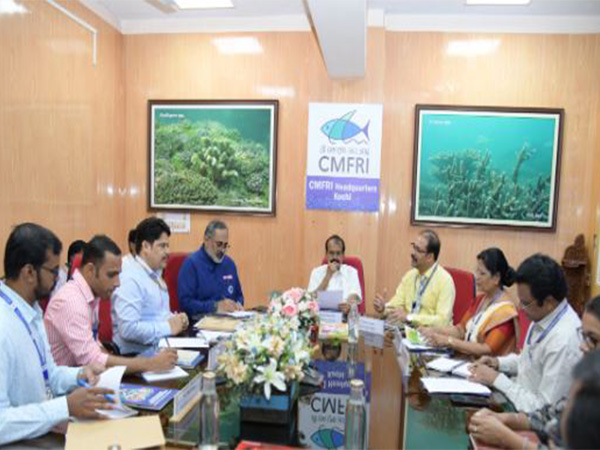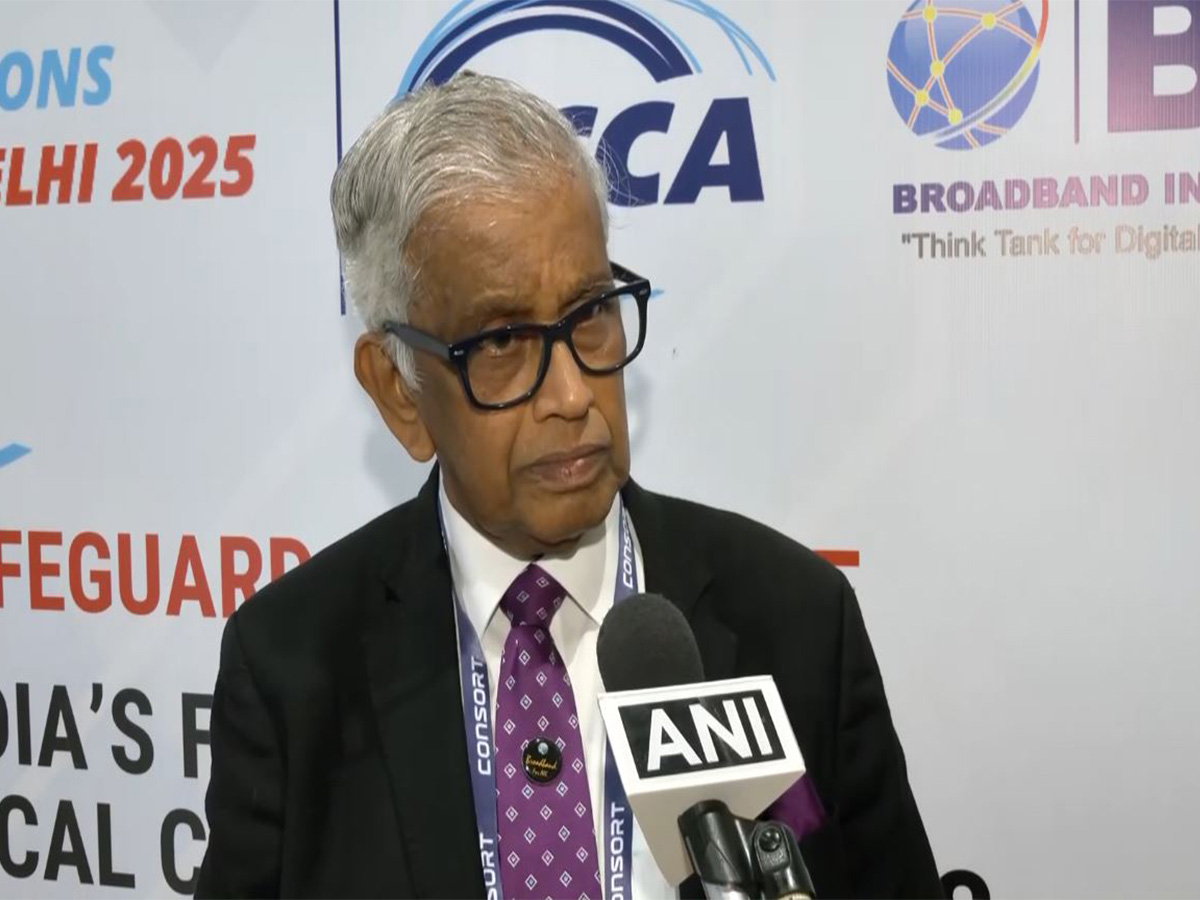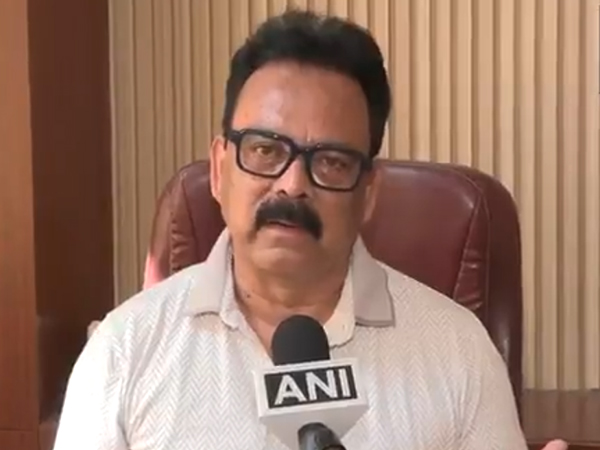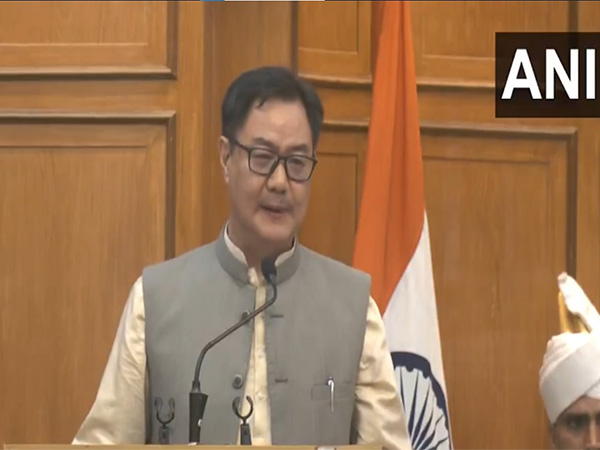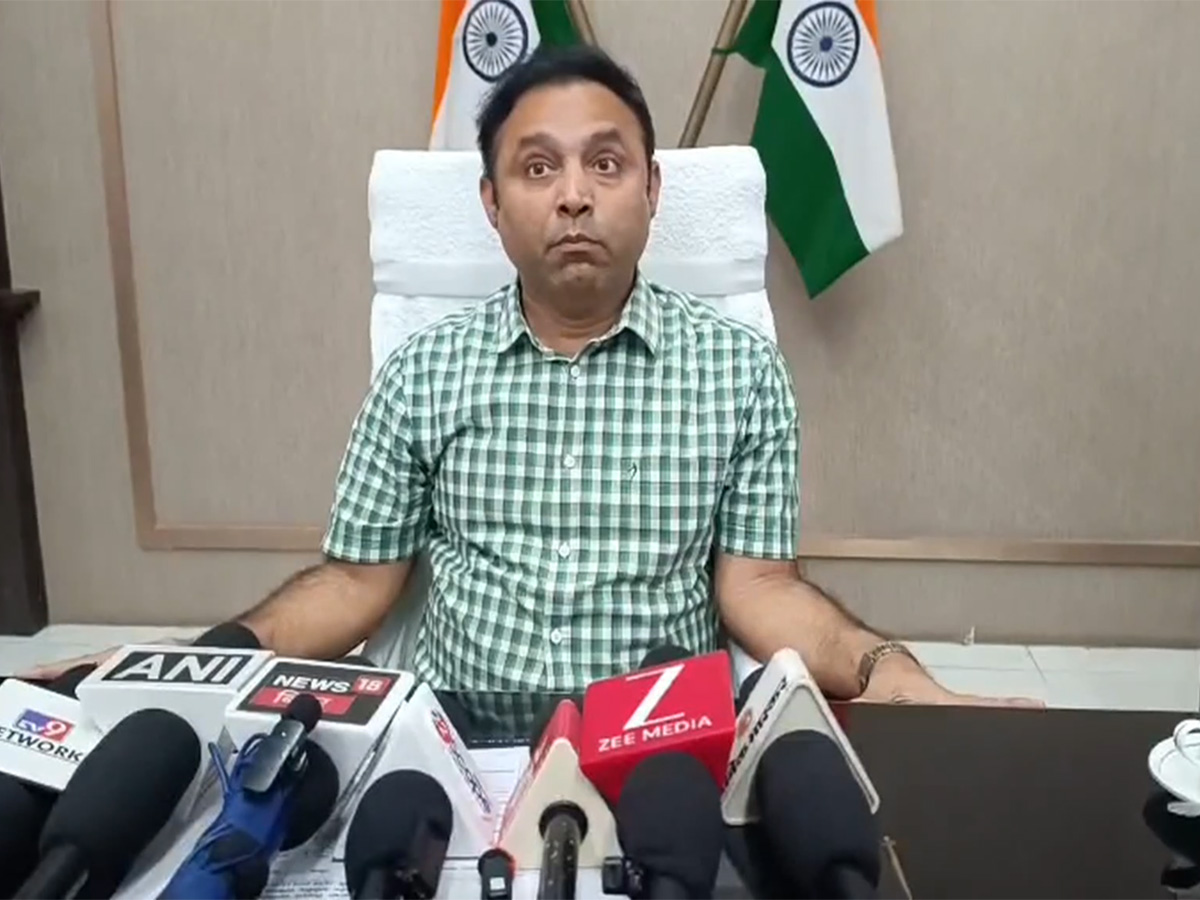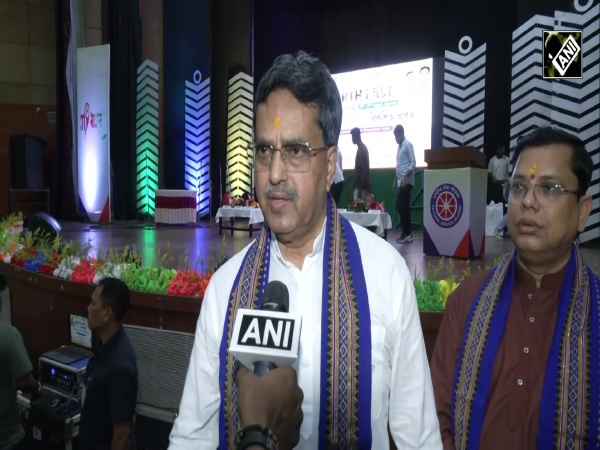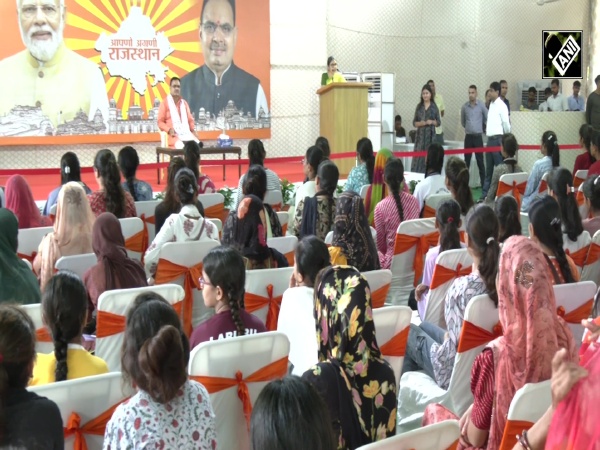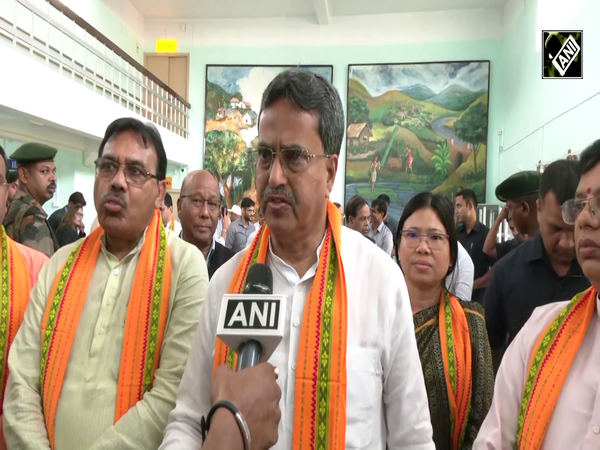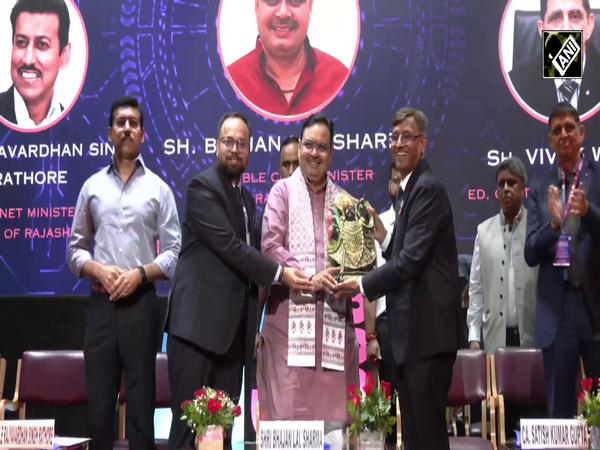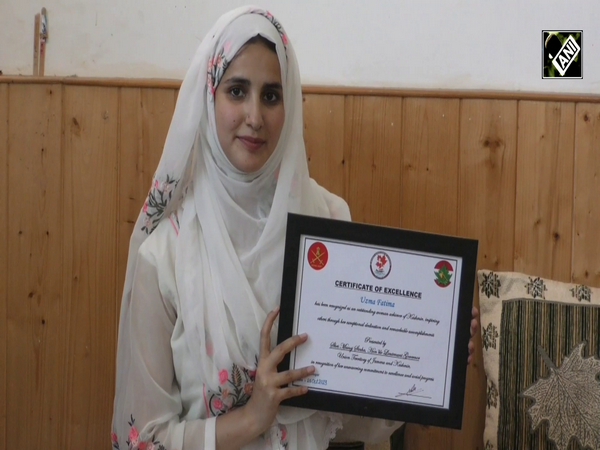Piyush Goyal emphasizes quality as key to India's global competitiveness
Oct 16, 2024

New Delhi (India), October 16 : Union Commerce Minister Piyush Goyal on Wednesday stressed the need to manufacture high-quality products, saying without this approach it is going to be very difficult to make India truly competitive.
He was delivering a keynote speech at the Indian Foundation for Quality Management (IFQM) symposium. Goyal emphasized that prioritizing quality would not only meet domestic demands but also position India to serve global markets.
"It will impact our ability to create jobs, expand economic activity, and sustain India's economic growth," he added. Goyal urged industry leaders to embrace quality as a long-term movement, stressing that for India to become a globally recognized brand, its products and services must be synonymous with quality.
In his address, Goyal acknowledged the challenges India faces in adopting quality standards, particularly in the face of initial resistance when introducing quality control orders. However, he underscored that overcoming this opposition is critical for India's economic future.
"If we truly want to make quality a sustainable movement over the next 20-25 years, and without that, it's going to be very difficult to make India truly competitive," he said. "India will have to aspire to be recognized in the world as a brand, a product made in India, a service provided from India. If it can be recognized across the world that if it's coming from India, it has to be good quality, that's when we will truly be competitive globally."
Goyal stressed that a shift in mindset is necessary to drive a quality-centric approach across sectors. "The root cause is our thinking, the mindset of the nation," he remarked, pointing out that those organizations that embraced quality saw a significant transformation in their growth and profitability, while others that ignored it remained peripheral players in the industry.
He shared statistics demonstrating the government's efforts to push for higher quality standards. "In the last 10 years, we have expanded from 14 quality control orders covering 106 products to 174 covering 732 products," Goyal stated, emphasizing the push for industries to align with these standards despite initial resistance.
Citing the toy industry as an example, Goyal revealed the opposition the government faced when implementing quality control measures. However, he shared a success story of a small toy manufacturer who, after adopting quality standards, shifted from importing low-cost toys to becoming a successful exporter.
"That is the impact quality can have on Indian industry, our ability to create jobs, and sustain India's economic growth," Goyal said.
The minister urged industry leaders to collaborate with the government to extend quality practices to small and medium enterprises (SMEs).
"It's for the large industry to handhold 300 to 400 small players and upgrade their facilities and processes to meet global standards," he explained.
During his address, Goyal also paid tribute to Ratan Tata, who passed away recently. He praised his leadership in creating an international conglomerate that boosted India's global image.
Goyal noted that Tata's legacy showcased India's capability to make a global impact and serve as a lesson in leadership for industry professionals.
